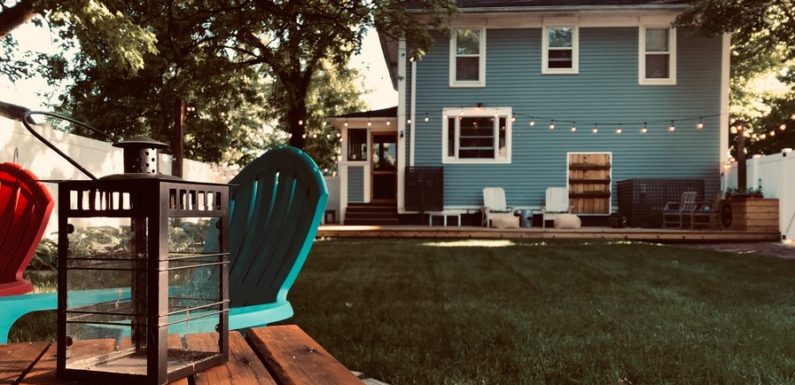
Your lawn and landscaping can have a significant impact on your overall home’s energy efficiency.
Table of Contents
Landscape Efficiently
Planting your yard with native plants, instead of water- and pesticide-intensive foreign plants, will save you time (through less upkeep) and money (since native plants should be more resistant to local pests, requiring less fertilizer and water). Check with your local nursery to find out which plants are native to your region.
Planting trees around your house will cut keep the house cooler in the summer and warmer in the winter. Note the direction from which the sun hits your house in the summer—planting trees on that side will block the light during the summer but allow it to shine directly on your house in the winter.
Energy-Efficient Lawns and Lawnmowers
More than 20 million acres of land in the United States are planted with lawns, which take time to mow and require fertilizer (and sometimes herbicides and pesticides). Consider eliminating your lawn, minimizing its size to just what you use, or planting native grasses and bushes that won’t require costly chemicals or mowing. Lawns use 30–60% of local water supplies, so if you live in a place where your water is metered or in short supply (such as the South and West), you’ll save water and money by reducing your lawn size.
Lawnmowers are notoriously expensive to fix, are fuel-inefficient, and contribute to air pollution, as they don’t have tailpipe-emissions cleaners like cars do. If you have a small lawn, you can spend less than $100 to buy a push mower, which requires little maintenance beyond sharpening the blades every few years.
Energy-Efficient Swimming Pools
Not all backyard pools are created equal. Most require a host of expensive chemicals, such as chlorine, to keep clean. If you’re installing a new pool, consider nonchemical cleaning systems, such as ozone or ultraviolet. Though these options cost more up front, they’re less expensive than chemical systems over the long term, as they require less maintenance and don’t harm your pool’s components (chlorine is known for corroding metal filter parts and wearing on pool liners). Another option is a natural pool, which is kept clean using water plants. Once installed, only the plants require maintenance.

